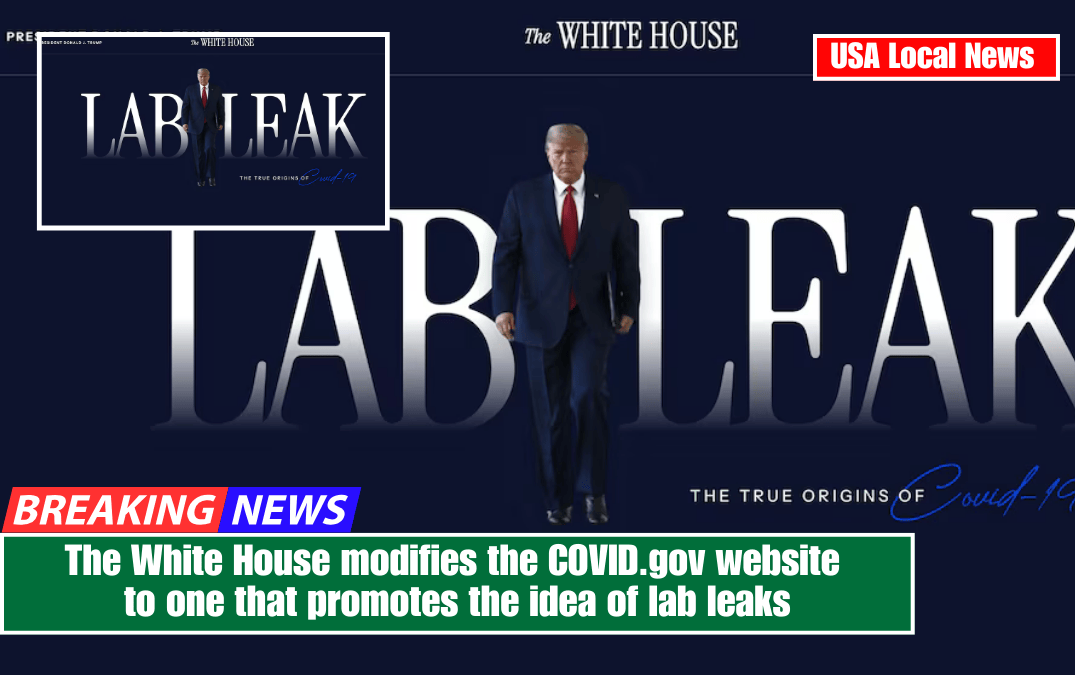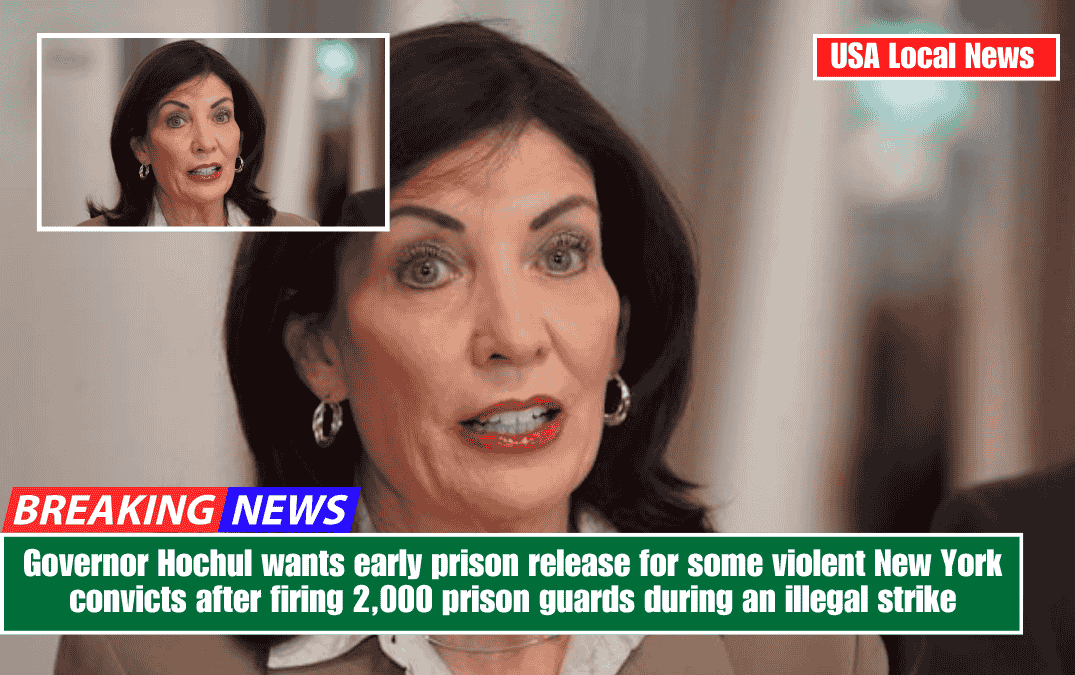On Wednesday, President Donald Trump announced plans to impose 25% tariffs on all imported cars, escalating a global trade war just weeks after previous tariffs sparked a market rout and raised concerns about a recession.
“I think our automobile industry will flourish like it has not before,” Trump told reporters.
The 25% tariffs will apply to imported passenger vehicles such as cars, SUVs, minivans, cargo vans, and light trucks, according to a White House fact sheet released following Trump’s Oval Office remarks. Tariffs will also be imposed on key imported auto parts such as engines, powertrain parts, and electrical components.
The White House noted that imports accounted for 50% of the approximately 16 million cars purchased in the United States last year. The White House estimated that only about half of the 8 million vehicles assembled in the United States contained domestic content.
“Therefore, of the 16 million cars bought by Americans, only 25% of the vehicle content can be categorized as Made in America,” the White House claimed in its fact sheet.
The auto tariffs will take effect at 12:01 a.m. on April 3, one day after Trump’s planned reciprocal tariffs. The tariffs on auto parts will go into effect no later than May 3, according to a White House proclamation.
According to the White House fact sheet, Trump is imposing tariffs to protect the US auto industry, “which is vital to national security and has been undermined by excessive imports threatening America’s domestic industrial base and supply chains.”
The United States already has a 2.5% tariff on passenger car imports and a 25% tariff on imported pickup trucks.
Impact on prices?
The auto tariffs are intended to target a sector that employs over a million Americans and is heavily reliant on a supply chain that includes Mexico and Canada. Tariffs imposed on the auto industry may raise car prices for US consumers, experts previously told ABC News.
According to Stephanie Brinley, principal automotive analyst covering North and South America for S&P Global Mobility’s Auto Intelligence service, of the 16 million new cars sold in the United States in 2024, approximately 8.7 million, or 54%, were manufactured in the United States. Approximately 7.3 million, or 46%, were imported.
Brinley predicts that prices will rise after dealers sell current inventory in 1 and ½ to 2 months. However, customers will not see a direct line-item charge for tariffs on the sticker price due to carmakers and dealers’ flexibility across product lines and inventory.
However, prices are expected to rise across the board. Furthermore, used car prices are expected to rise in tandem with new car prices, due to limited supply. Experts predict that car insurance premiums will rise as well.
According to Cox Automotive, the average cost of a new imported car is expected to rise by $6,000 per vehicle. According to experts, the entire auto market in the United States, including cars made here, is expected to see price increases. Many of the more affordable vehicles sold in the United States are imported from Mexico.
Canadian prime minister: ‘Direct attack’
The move upends decades of free trade between the U.S., Mexico and Canada.
Mexico and Canada make up the top two U.S. trading partners for both finished motor vehicles and car parts, according to an analysis of data from the U.S. International Trade Commission by Cato Institute, a right-leaning think tank.
In 2023, Canada and Mexico accounted for nearly $120 billion worth of U.S. motor vehicle imports, which totaled about 47% of all such vehicles imported that year. Canada and Mexico made up nearly the same share of auto parts imports that year, the Cato Institute analysis showed.
When it comes to auto parts that are covered under the free trade United States-Mexico-Canada Agreement (USMCA), importers will have the chance to “certify” the U.S. content, according to the White House fact sheet.
The 25% tariff will only apply to the value of non-U.S. content — and only after the Commerce Department and U.S. Customs and Border Protection come up with a process to apply those tariffs, according to the fact sheet.
During a press conference held at the Ambassador Bridge, new Canadian Prime Minister Mark Carney called the measure “a direct attack on our workers” and said he would convene a meeting of his cabinet on U.S. relations to discuss trade options.
The Canadian Chamber of Commerce said in a statement: “The consequences of today’s escalation in this destructive tariff war will not be contained to Canada, as much as the U.S. administration would like to pretend.
Throwing away tens of thousands of jobs on both sides of the border will mean giving up North America’s auto leadership role, instead encouraging companies to build and hire anywhere else but here. This tax hike puts plants and workers at risk for generations, if not forever. “
More tariffs ahead
Trump announced tariffs on a large portion of U.S. auto imports earlier this month when he imposed 25% duties on Mexico and Canada, but the president soon after issued a delay in the implementation of that policy.
White House press secretary Karoline Leavitt hinted at new auto tariffs in remarks on Wednesday afternoon, sending US stocks lower.
The Dow Jones Industrial Average closed down 130 points, or 0.3%, while the S&P 500 fell 1.1%. The tech-heavy Nasdaq fell 2%.
Shares of American automakers also fell. Tesla, the electric carmaker led by Trump adviser Elon Musk, closed down 5.5%. Shares of General Motors fell 3%.
The announcement of auto tariffs comes just days before Trump is set to impose a new round of duties on April 2. Trump has repeatedly referred to that date as “liberation day,” claiming that a broad set of reciprocal tariffs would rebalance US trade relationships.
Speaking at the White House on Monday, Trump softened his stance, stating that reciprocal tariffs could be lower than the rate imposed by target countries on US goods.
“I may give a lot of countries breaks,” Trump said to reporters in the Oval Office. “I am embarrassed to charge them what they have charged us.”
South Korea, Japan, Mexico, and Canada do not impose tariffs on American-made vehicles.
The auto tariffs come after a flurry of duties imposed earlier this month. In early March, Trump imposed tariffs on China, raising import taxes to 20%. Days later, Trump imposed broad tariffs on all aluminium and steel imports.
China, the European Union, and Canada responded with retaliatory tariffs, sparking a trade war that roiled the stock market and prompted Wall Street to warn of a potential recession.
Tariffs are widely expected to raise consumer prices, as importers typically pass on a portion of the tax burden to shoppers.
Fed Chairman Jerome Powell blamed tariffs for a “good part” of recent inflation during a press conference in Washington, D.C. last Wednesday.















